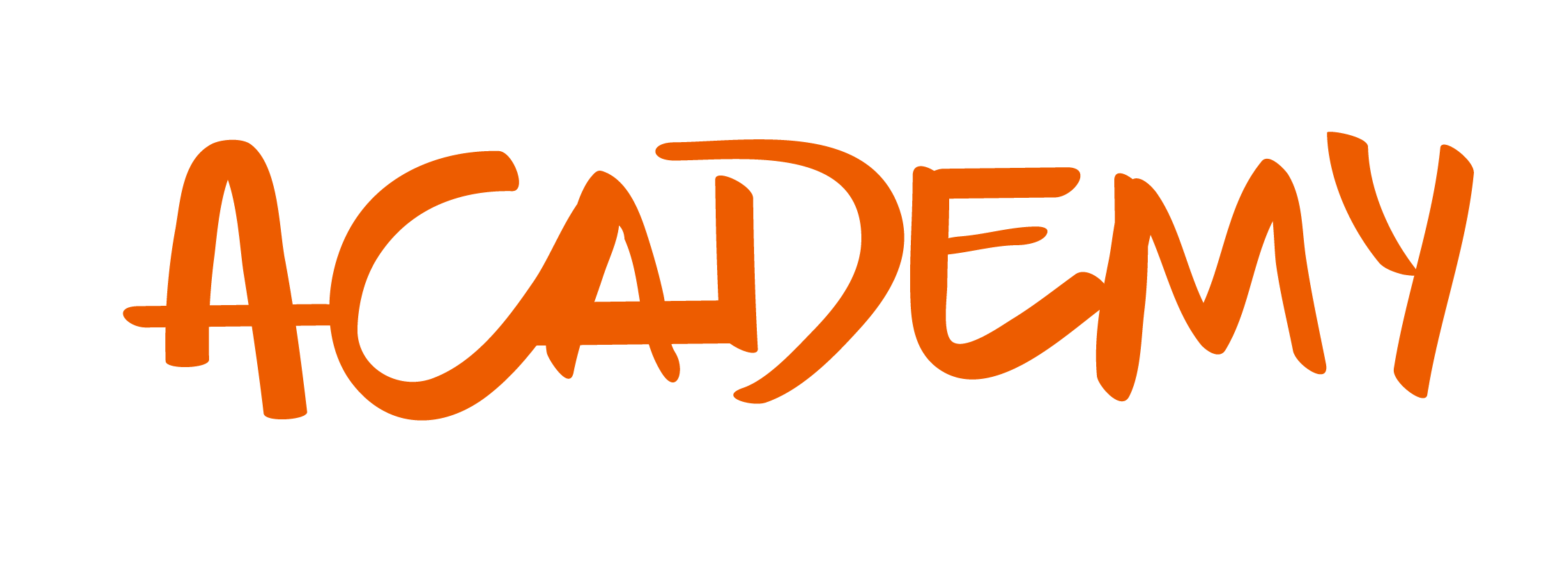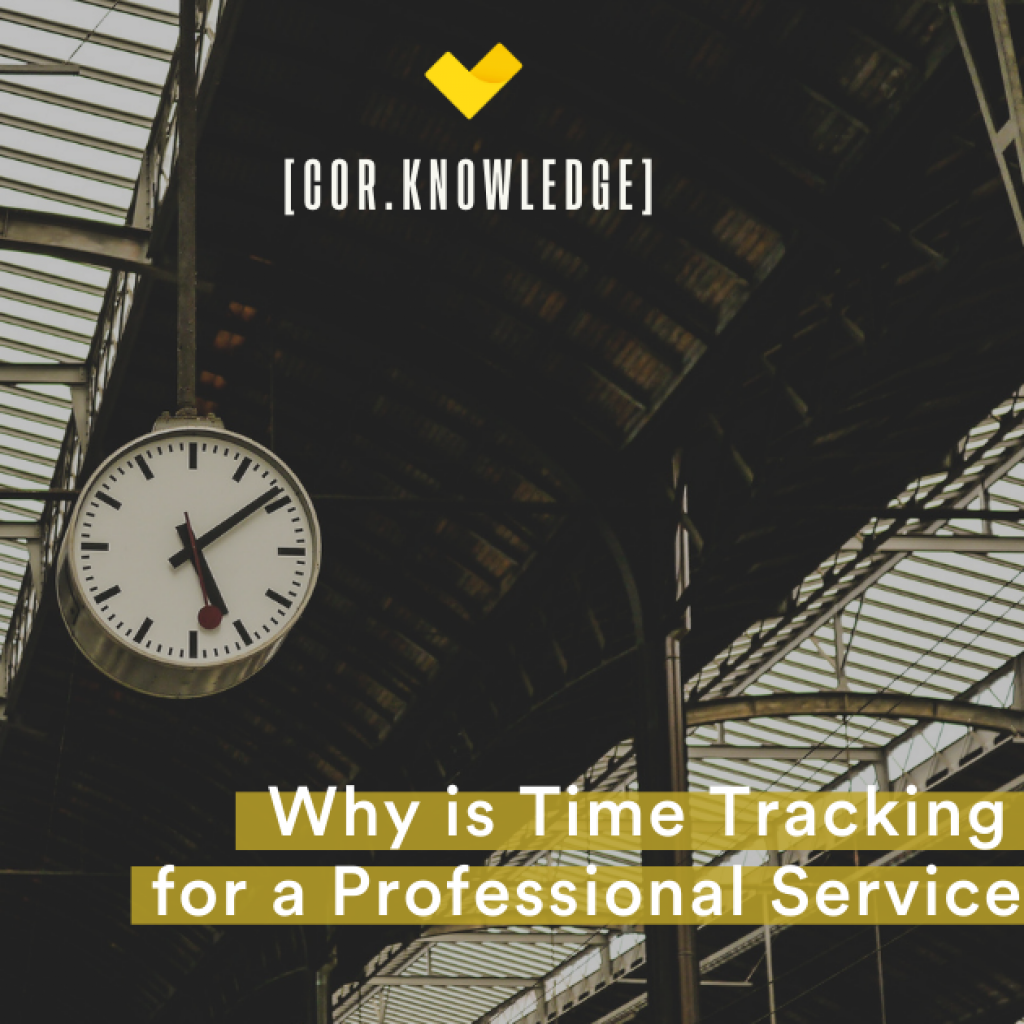Professional service businesses have a very specific business model that relies on accurate billing of the work done for each client to generate profitability. However, despite this, many fail to see the importance of real-time tracking of employee time on a per-client basis. This is especially true of the new generation of freelancers who have built businesses online and generally work with a per-contract cost rather than hourly rates.
However, even for businesses that do not use billable hours, but prefer an overall fee for a given project, understanding the amount of time taken for each client is still crucial for effective pricing and decision-making where new work is negotiated. To understand just how much of a difference that it can make to businesses of all kinds, we need to look at time tracking in more detail.
What do we mean by Time Tracking?
Before we look in more detail, it is important to clarify exactly what time tracking is to better understand how it can be implemented within professional service businesses and the way it improves operations and profitability.
Time tracking is focused on recording what time at work is being used for. If an employee is working on a specific project, then using a time tracking tool you can quickly identify how much time that work has taken. In fact, worked hours are considered one of the 10 key business metrics today, which is why time tracking apps have grown in popularity.
To give an example of what this means in practice, take a freelancer working for several clients at once. They dedicate a day to one project, and then begin working. A phone call interrupts the work, and they spend 40 minutes with another client helping finalize details on a different project. During the day, two more issues arise that require a further hour on yet another project, and 20 minutes dealing with a problem on a fourth.
If there is no time tracking, then the freelancer will perhaps miss recording those two hours of work for other clients, all of which should be billable. Even if working on a per project fee basis, knowing that time spent on other projects is important when it comes to understanding profitability for the work carried out. This same idea applies to employees and team members too, being able to see clearly what they are doing with their time can help not just with billing clients, but general management and also allows for early identification of problems.
Time tracking is accomplished through a time tracking tool, software that allows each individual to record what they are working on. By inputting new tasks as they are beginning, the system can accurately assign time to clients, projects or specific tasks as required, providing data that can be used for billing of course, but also providing detailed analysis of operations themselves.
Benefits of Time Tracking for Projects and for Employees
When we talk about tracking time for any business, the obvious reason is to ensure accurate billing to clients, and this is especially true for organizations and freelancers providing professional services. Having accurate data means being able to charge for every bit of work done for a client, even those 20- or 30-minute extras that often get forgotten. But having that data offers more for both the business itself and employees.
For the business, while being able to charge the right amount for work done is crucial in maintaining profitability, time tracking software provides even greater insight into the way the team, and overall organization, is performing. If tracking data shows numerous employees are losing significant time dealing with IT issues for instance, that indicates an issue to be solved that management may not have spotted otherwise. Many employees will simply get on with rectifying such problems, especially if they are minor issues, and then return to their assigned tasks without saying anything. But by treating it as a normal part of the working day two things happen. First that lost time is never accounted for and the issue remains unaddressed. Secondly, that time lost impacts the individual’s productivity, and that can in turn cause issues for the employee in terms of their perceived output.
The transparency of time tracking explains such issues, and benefits employees by showing exactly where time is spent, allowing for better analysis of performance. This protects employees, providing clear insight into their working day and showing all that they are doing, including necessary tasks to enable their billable work that otherwise go unnoticed.
Additionally, employees can learn from their own tracking data too, as it makes it easier to see where time is lost through avoidable actions, and it is a very useful self-improvement tool for refining their own performance during work hours. It can highlight areas that an employee is perhaps having difficulty with too. If a certain task is taking longer than it should, or that others are taking to perform, it can highlight where additional training is required, giving employees the opportunity to be proactive about their own careers by requesting assistance.
For both team leaders, managers and individuals, time tracking solutions provide a wealth of data that can identify both positive and negative aspects of daily performance. While critics may look at the negative aspects and focus on those, the reality is that the transparency of data supports good decision making and helps all stakeholders in identifying problems and improving them.
Of course, the ability to track every minute worked on a particular project or task, or for a specific client benefits the business in a significant way financially. Accurate billing for projects and specific clients not only means improved profitability for those projects, but it also means that the business can be more competitive in the market. With a lower margin of error in the billing process, any business can be more competitive in tendering for projects without hurting overall profitability. With competitors requiring a significant margin if they are leaving money on the table through inaccurate time billing, the more accurate approach offers efficiency benefits that deliver pricing benefits for those using time tracking apps.
With the ability to bring in more money per contract through improved billing, and work on tighter margins than others as a result to be more competitive in the market, alongside the benefits for both employees and management, time management software can help transform a business and deliver increased profitability in every aspect of business operations.
Reasons why you need a Time Management Software in Professional Services Firms
Whether you are a freelancer or managing a business with employees working on several projects or for multiple clients, the benefits of more accurate invoicing and so on make a compelling case for time tracking. But why use time tracking software to accomplish it?
If we look at the mechanics of integrating time tracking into each individual’s working schedule though, it could be a time-consuming activity in itself. Physically writing every time you begin work for a specific client or project, noting when that ends, and you start something else. Then having to collate all the information afterwards, that is a lot of work. You may find that your biggest use of time is filling out your time tracking records!
Instead, time tracking software does all the work for you, automatically collating data and presenting you with clear, easy to read reports that provide all the information you need. With a dedicated software solution, you can enjoy the benefits of time tracking while avoiding the downsides of manually recording everything.
For businesses involved in professional services, this is even more important. In most such businesses, it is likely that an individual will work on several different projects, or for several clients, throughout each day. The flexibility of software tracking solutions means that it is straightforward to accurately track time spent for each, with data ready for analysis instantly. There is no other way to enjoy automated collation of the data, and because ensuring accuracy of invoicing for billable hours is crucial the business model, increases the need for such solutions for all kinds of professional service firms.
With the ability to accurately allocate work to those who have proved most efficient at delivering it, it can also deliver for project management too. Detailed performance history enables project estimates to be more accurate. Project costs, from staffing, resource management and expense tracking require precise forecasting, and time tracking data provides a superb resource for ensuring the required accuracy.
Project management software can integrate seamlessly with workday time tracking to deliver a seamless way to track hours, manage estimating and new jobs, and project profitability with increased precision.
How to make employees understand the importance of Time Tracking
Having established the importance of time tracking software for your organization, the challenge is to ensure that every employee makes full use of the tool to accurately record their time usage. This can present issues, with some employees resisting based on their misconception of the reasoning behind the use of the software.
This often manifests as employees believing that management is trying to ‘spy’ on them and punish people for taking breaks, visiting the bathroom and so on. It is important then, to explain the importance of the tool, but also demonstrate that the time tracking initiative is not one aimed at individual employees either.
Emphasizing that time tracking is used to track which client or project is being worked on to improve the accuracy and ensure their work is being charged out correctly can help here. Reassurance that it is not some crackdown on lunches and so on can also help, but the best way to persuade employees is to focus on the positives, especially the benefits they will see themselves.
Any business is a collective of sorts, the more the business succeeds, the better it is for employees as the future is secured and financial success can ultimately be shared across the team. By stressing how time tracking can impact profitability, ensuring all billable time is accounted for and so on, it is possible to show employees how it is for their own benefit too. As you move towards implementation for time tracking software, make sure all employees understand those benefits:
- More accurate billing means improved profitability
- Increased profitability per project allows for more competitive pricing to obtain more work
- This secures the future for the business and the jobs it provides
- Increased efficiency overall improves scheduling and evens out employee workload
One additional area that can be of real benefit to managers and employees alike is the ability to spot problems. If an employee is struggling with a specific task they can be helped with training or other support. However, it can be difficult for employees to admit to such issues, and just as difficult for management to spot them. Time tracking can help with that, and do it in a way that is non-judgmental, allowing employees to get help in a way that doesn’t make them feel like they have failed.
Types of Time Tracking Tools and How Choose the Right One
Real-time tracking of employee time brings many benefits, but so far, we have only looked at the reasons why your professional services business can benefit from using such a system. Once that decision is made, finding the right tool is essential if you want to make the most of the opportunity.
There are a number of broad options when it comes to time tracking, each offering a different blend of features, ease of use and of course, cost. The very first examples of time tracking are timesheets, however they can be time consuming and rely on team members to make accurate time entries in everything they do.
Timer systems add the ability to time work for a specific task, and they can be operated via an app. Easy to use, they deliver automated time counts, however it does require user input to switch between tasks, and if an employee forgets to do that, it can disrupt the effectiveness of the data generated.
The final type is a software-based solution that monitors the work done in the background, by integrating the software platform into existing systems. This does mean that every employee needs to be using the platform throughout their working day, but with automated tracking, it removes the potential human error from the tracking process.
Making the right choice of time tracking tools is built upon understanding exactly what you need from the system. It is only by really understanding what your goal is, and how it will be used, that the best option becomes clear. For some businesses, a simple tracking solution is enough, but for professional services firms, the ability to track individual tasks is an essential one, and for this background tracking that automatically assigns time to tasks is the ideal option.
Time Tracking with Artificial Intelligence
Even in background tracking there are variations, some require additional input to list different tasks and so on, while the latest solutions utilize artificial intelligence to assess the work being carried out and assign it to the right task. With learning algorithms, an AI based time tracking tool detects interactions with the tool and assigns times and tasks based on that.
What this means in practice is constant time tracking without user input. It offers suggestions for the time breakdown that can be accepted or adjusted at the end of the day, ensuring that employees focus on the tasks at hand rather than managing their billable hours.
AI driven software solutions like COR allow for additional features too, being able to include time projections too. Based on historic performance, the system can predict time requirements for new tasks, assisting with scheduling to balance workload across a team, and making pricing estimation more accurate and simpler too. This additional functionality also aids project management for more accurate scheduling. In turn this allows improved workflow, which allows project managers to streamline work assignment through automation.
For those involved with providing professional services and the unique challenges that they face, time tracking with artificial intelligence delivers the complete solution. Easy integration into current systems, fully automated monitoring and tracking and accurate predictive assignment of time, along with a range of additional features, all benefit the individual or business significantly.
Time Tracking is an Essential Tool for Professional Services Firms
Whether you are a freelancer offering professional services directly yourself, or a business with employee teams delivering professional services across multiple projects and clients, time tracking can transform your profitability and productivity. The benefits are so significant that some form of time management tool is an essential for any such business, and while there are a wide range of options, there is a clear winner in terms of tools to choose.
Time tracking software using artificial intelligence blends features and convenience in an unbeatable package. Offering simplicity for employees without compromising data accuracy and quality, it is easily accepted by your team and highly effective in tracking worked time per project or client.














